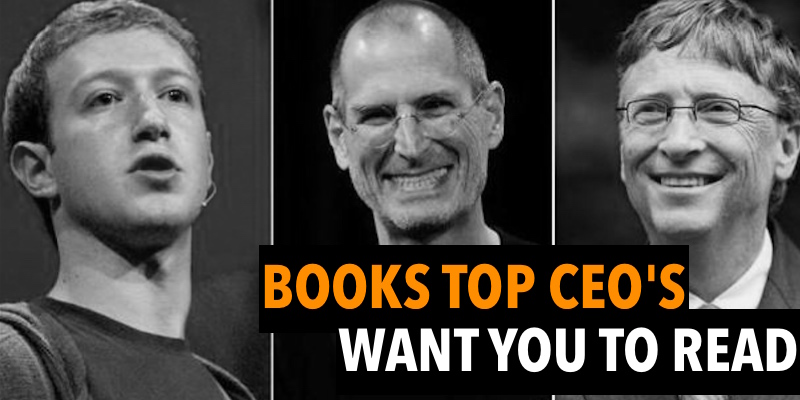
There’s no shame in marveling at the lifestyles of the rich and famous. Whether you imagine what it’s like to live like that or laugh out loud at the ludicrous lavishness, that’s entirely understandable.
I can even empathize with the jealousy that glimpses into the lives of the 1% often evoke in some. It’s not exactly the healthiest emotion, but it’s certainly not a crime to feel jealousy on occasion. I’ve been there myself. Guess we all have.
What drives me nuts, however, are the extremes. I’m talking about the way people either hoist successful CEOs and business leaders up on impossibly high pedestals – as if they’re idols to be worshipped – or denigrate them as being unjustly endowed with undeserved privilege.
And the problem with the divisive society we live in is that the extremes have all but crowded out the middle, courtesy of an evolutionary process known as the spiral of silence: Supporting the views of your social pack is praised, while open dissension is denounced, so we clam up rather than risk being ostracized.
The spiral of silence is how cultural norms occur. That’s not entirely a bad thing. It actually serves as a sort of societal stabilizer. While it’s true that courageous individuals who break the status quo advance civilization, if that happened too often, you’d have chaos and civilization would ultimately break down.
You want organizations, companies, nations, and societies to move forward and grow, but you want them to be somewhat stable, as well. There must be balance between those two opposing forces.
Meanwhile, social media favors conformity of thought around popular memes. We’re seeing that more and more as content becomes user-generated and the crowd succumbs to the spiral of silence. Unfortunately, it doesn’t seem to matter whether the memes the crowd favors are fact or fiction.
On one extreme, you have the pedestal sheeple who dote on every personal habit, hack or characteristic any click-hungry content-generator posts about successful people: What Billionaires Eat for Breakfast, Millennial CEOs’ Top 10 Productivity Hacks, Why Great Leaders Get Up Before Dawn or 99 Things the World’s Richest People All Have in Common.
On the other extreme you have the entitled victim sheeple who waste their lives whining about the privileged rich and the opportunities they never had. And since they expect everything to be handed to them, they assume that every CEO got to the top of the corporate ladder the same way, by simply falling out of the sky into cushy corner office chairs.
Of course, neither extreme makes a bit of sense. Successful entrepreneurs and business leaders invent their own ways of doing things, carve their own paths, create their own company cultures in their own image. They take big risks and work their tails off every day of their lives to achieve great things. Their success comes from merit and achievement, not privilege.
Granted, they’re not perfect. They make plenty of mistakes. Some end up making big mistakes they come to regret. That’s par for the course because they’re everyday people like you and me. They may do things differently, but they’re still flesh and blood humans subject to the same flaws and issues we all face.
The irony is that any one of us can be just as successful as they are, with two exceptions, the rapidly expanding extremes: those who seek a shortcut by simply cloning their surface attributes, and those who see them as privileged villains and themselves as entitled victims.
A version of this originally appeared on foxbusiness.com.